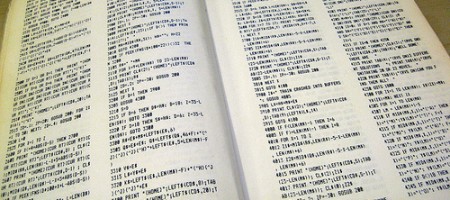In calling for research papers to be made freely available open access advocates promised that doing so would lead to a simpler, less costly, more democratic, and more effective scholarly communication system. To achieve their objectives they proposed two different ways of providing open access: green OA (self-archiving) and gold OA (open access publishing). However, while the OA movement has succeeded in persuading research institutions and funders of the merits of open access, it has failed to win the hearts and minds of most researchers. More importantly, it is not achieving its objectives. There are various reasons for this, but above all it is because OA advocates underestimated the extent to which copyright would subvert their cause. That is the argument I make in the text below, and I include a personal case study that demonstrates the kind of problems copyright poses for open access. I also argue that in underestimating the extent to which copyright would be a barrier to their objectives, OA advocates have enabled legacy publishers to appropriate the movement for their own benefit, rather than for the benefit of the research community, and to pervert both the practice and the concept of open access.
Read full post here.

